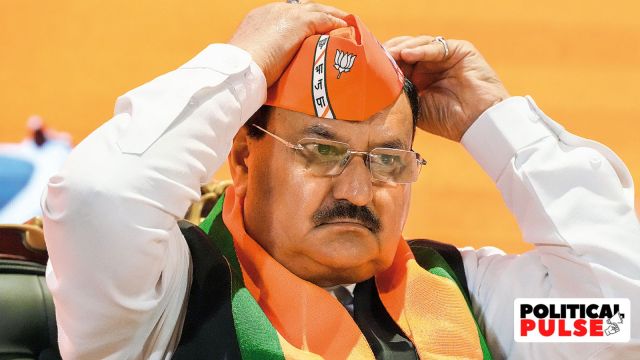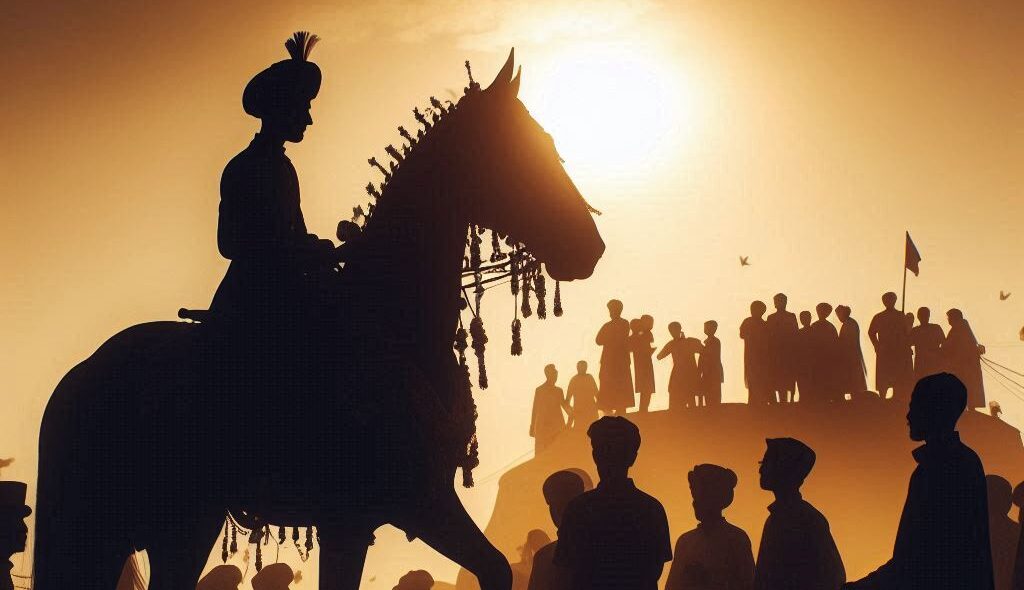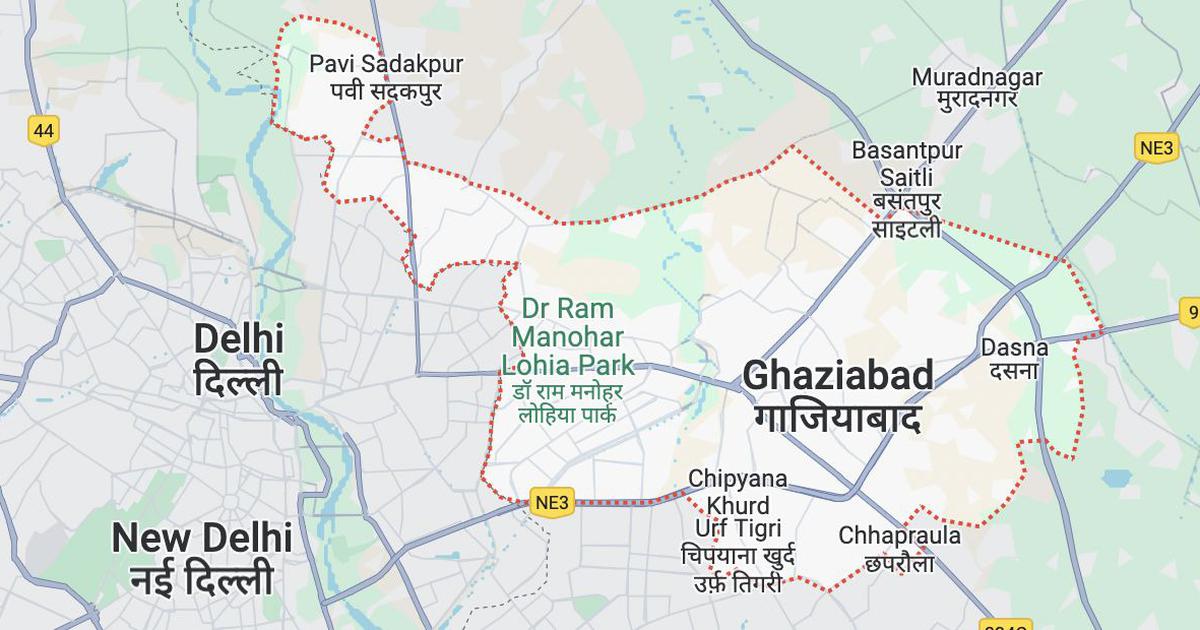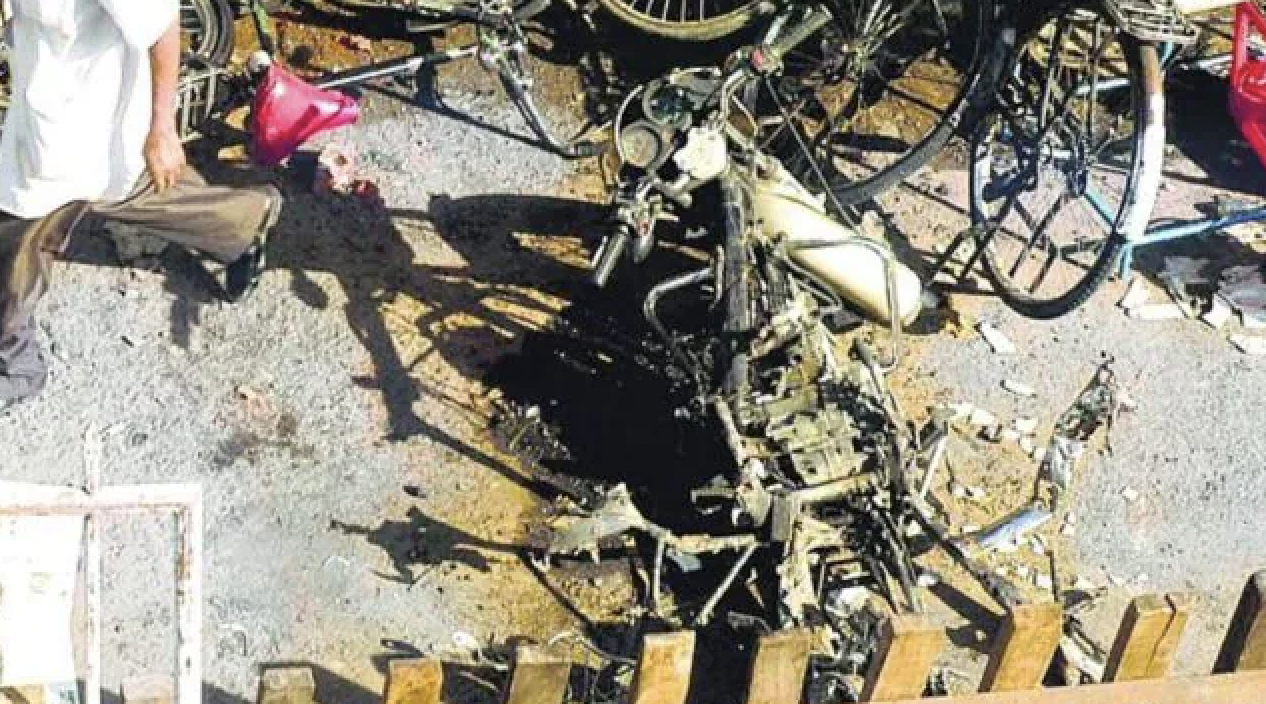While campaigning in Srinagar last month ahead of India’s parliamentary elections, People’s Democratic Party (PDP) candidate Waheed Para chanted: “Let the traitors hear! Will you become like Farooq [Abdullah]? Will you become like Omar [Abdullah]?” Upon hearing the names of the two politicians, the crowd responded emphatically: “No!”
As I watched this video, the chants and their tone screamed of non-belonging. For the longest time, in spaces of resistance – in streets and alleys across Kashmir – such chants have risen to a crescendo.
Every time an act of violence has been committed by the Indian state, Kashmir has resonated with the slogan “azadi” (meaning “freedom” from Indian rule). This chant has represented joy at weddings, and commemorated martyrdom at funerals of armed fighters; it has arisen in both moments of triumph and times of despair.
Today, as the silencing of Kashmir reaches unprecedented levels, this chorus seeking freedom has embedded itself in the international lexicon, as recently witnessed during Palestine solidarity protests on US campuses.
Kashmiris use the collective affirmation of “azadi” to reject those seen as traitors to the disputed region’s fight for freedom, including members of political parties such as the PDP, National Conference and other foot soldiers of the military occupation.
This story was originally published in middleeasteye.net. Read the full story here.






